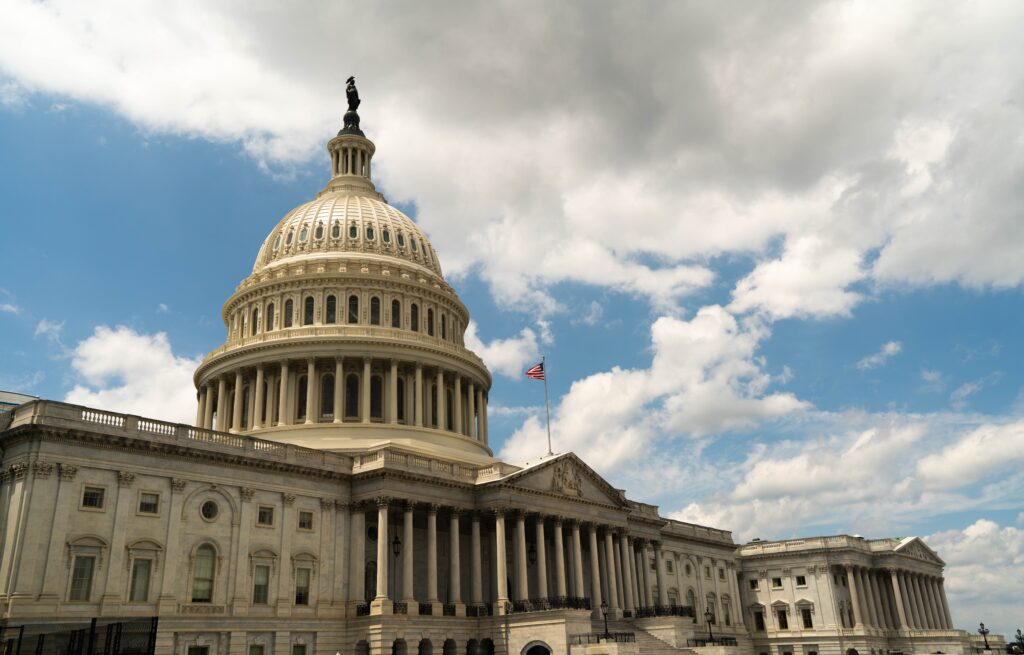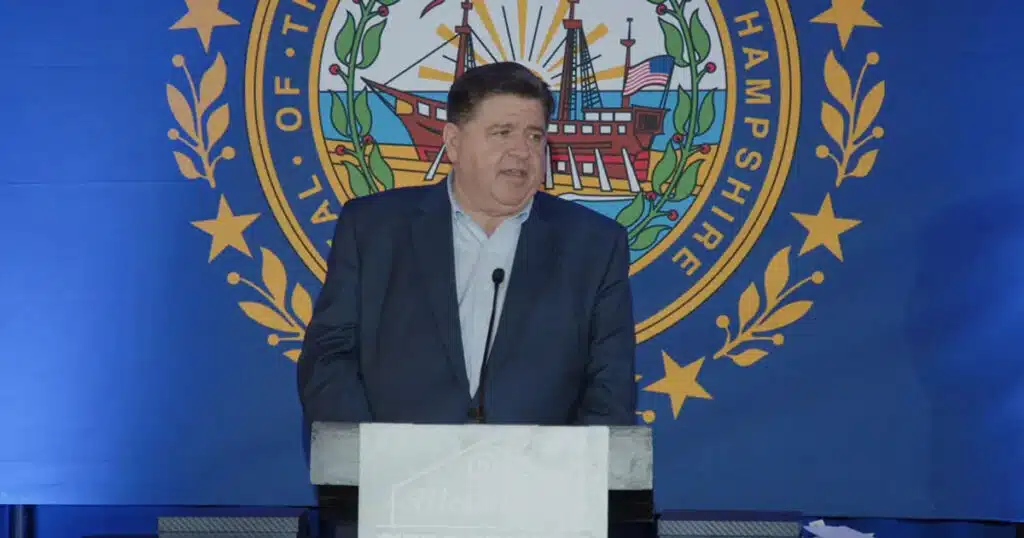
Since When Was a Debate Over Spending Unreasonable?
The Biden White House announced this past week that it is essentially unwilling to negotiate on raising the debt limit. For all of President Biden’s rhetoric this past election cycle of “threats to democracy,” why is it Biden who is refusing to even engage with the new House majority elected by the American people?
Even President Obama recognized this, when in 2013 he and fiscally-minded House Republicans struck a deal to institute marginal spending cuts in return for raising the debt limit. If Barack Obama and the Tea Party could come to the table and be the adults in the room, what is preventing Biden from doing the same? Could it be that his White House is more eager to brand opponents as “Ultra MAGA” Republicans rather than engage in responsible governance?
In the past week, Republican fiscal conservatives have been accused of hostage-taking for even asking for a debate on a debt limit deal. This was the same rhetoric used against members of the House Freedom Caucus during the vote for speaker of the House. Similar to how the vote for speaker of the House should be no coronation, a vote to raise the debt limit does not mean that the Washington establishment automatically gets to increase spending. After all, the cornerstone of our republican form of government is compromise.
Who really is taking hostages here? Much has changed in the first couple weeks of this Congress. The speaker’s fight has yielded, for the first time in decades, a return to how the House ought to function. Under the new House Rules package, the chamber is operating under the rules that have been the status quo for most of the institution’s history. Individual members now have greater power to debate and affect legislation, as the Founders intended.
Because of the recently-won House rules package, we have Republicans in Congress who are actually able to fight to change the status quo. The House has democratized, making it possible for there to be an actual debate on spending, if only Biden would listen and engage.
Decades have passed since there was another Republican House majority leading an effort in good faith to reach a deal and cut spending. Recently, Republicans have been equally as culpable as Democrats when it comes to reckless spending packages. Under Speakers Ryan and Pelosi, it was the norm to have bipartisan deals that increased spending along with the debt limit. Not only has reckless spending contributed to the record inflation we have seen during the Biden administration, but such “bipartisan” deals were negotiated by only a handful of people from party leadership, with no say given to individual members who came to Washington to represent their constituents.
By refusing to negotiate with a democratically elected body, Biden has made clear he would rather see this fight dragged out until this summer when the Congress must address the debt limit. How is this responsible? Not only is Biden refusing to reach a compromise, he is endorsing the same broken budgetary process that will come only at our children’s expense down the road. Fiscal conservatives in the House have the moral high ground here. The popular narrative that merely asking for debate on spending is “unreasonable” needs to change if we are to get our nation’s fiscal house in order.
Regardless of Biden’s refusal to engage in civil debate over something so unexciting yet consequential as the budget, Republicans did run in this past midterm against Biden’s record of reckless spending. Whether some like it or not, the outcome of the speaker’s fight has given them the tools to actually govern as they campaigned. The impending vote to raise the debt limit will be their first true test of whether they can make good on their promise to reclaim Congress’ authority as stewards of the taxpayer.
This article was originally published by RealClearPolitics and made available via RealClearWire.



